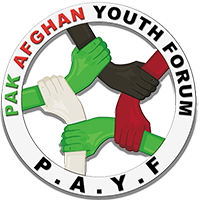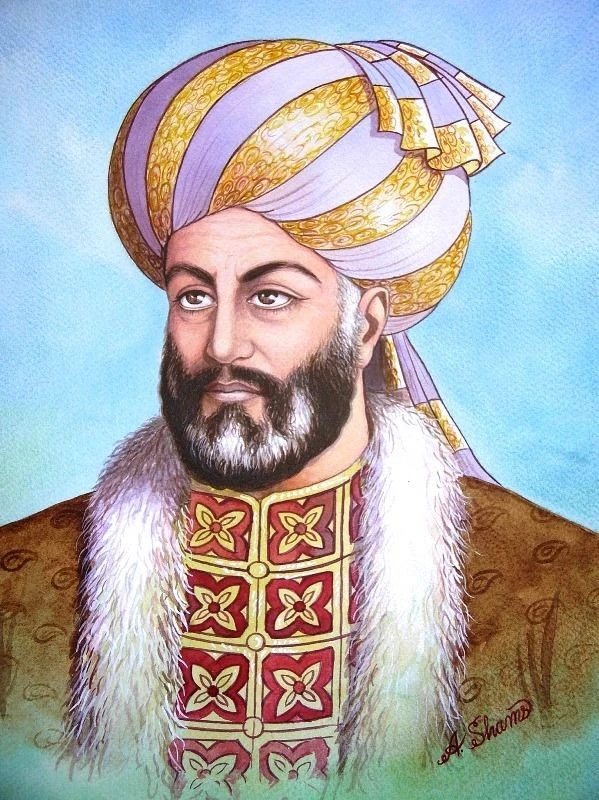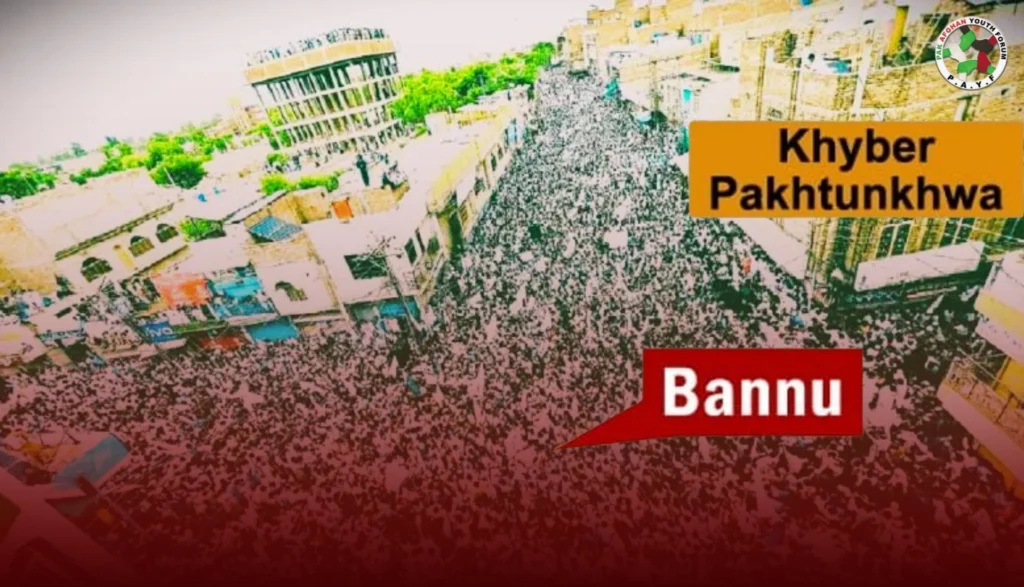The valleys of Kashmir and the ruins of Gaza may be separated by geography, but their stories echo a shared narrative of resilience in the face of relentless oppression. Today, as Kashmir marks the 76th anniversary of the UN resolution which gave the promise of self-determination to its people, the haunting parallels with the plight of Palestinians cannot be ignored.
“Kashmiris, like Palestinians, are fighting not just for land but for dignity, identity, and survival”, said Salman Javed, Director General Pak Afghan Youth Forum (PAYF)
Also See: Kashmir Black Day: A Story of Loss, Resilience, and the Fight for Justice
What Becomes of a Promise?
On January 5, 1949, the United Nations passed a resolution that gave the promise that the people of Kashmir have the right to determine their own future through a plebiscite. Over seven decades later, this promise to Kashmir remains unfulfilled, leaving a nation in waiting. What becomes of a promise when it is ignored, year after year? It is not just a diplomatic failure; it is the denial of the most fundamental right of a people: self-determination.
The Humanitarian Toll of Occupation
In Indian-occupied Jammu and Kashmir (IIOJK), curfews, enforced disappearances, and mass incarcerations have become the norm. Between January 1989 and October 2023, over 96,262 Kashmiris were killed, including 7,316 in custodial or staged encounters. More than 168,567 civilians have been arbitrarily arrested, and 11,259 women have been subjected to sexual violence. The region has witnessed an escalation in demographic engineering, internet blackouts, and the targeting of civil rights activists, especially post-2019. The Kashmir valley has turned into an “open-air prison,” mirroring the devastation in Gaza. The dissolution of the state’s human rights commission has left victims with no recourse to justice, while India continues to deny access to independent human rights monitors, further perpetuating crimes with impunity.
In Gaza, over 45,000 Palestinians have been killed since October 2023, with many more displaced from their homes. The recent war saw entire families wiped out, with thousands of homes and vital infrastructure destroyed. Hospitals and schools were not spared, compounding the humanitarian crisis. Both regions have witnessed severe blockades, depriving residents of basic necessities. Kashmir’s economic lifelines have been severed, with orchards destroyed and businesses paralyzed. A Srinagar resident described the situation poignantly: “We are prisoners in our homeland, our voices stifled under layers of barbed wire and apathy.”
International organizations, including Amnesty International, Human Rights Watch, and the UN, have corroborated these abuses, but the international community’s response remains muted, leaving both Kashmiris and Palestinians to bear the brunt of unchecked occupation.
A Call for Solidarity
The parallels are undeniable. Both Kashmir and Gaza endure the brunt of systemic oppression, yet their people’s spirits remain unyielding. As posters in Srinagar demand justice, one message stands out: “From Gaza to Kashmir, resistance lives on.”
The Pak-Afghan Youth Forum emphasizes the need to humanize these struggles. “The international community must see beyond statistics to the faces of those who’ve lost homes, families, and futures,” said a PAYF representative.
Empathy as Action
The Forum calls for a unified stand against the denial of fundamental rights. Whether it is the mother in Gaza mourning her child or the father in Kashmir waiting for his son to return from unjust detention, their tears tell the same story.
Pakistan Takes the UN Security Council Seat
On January 1, 2025, Pakistan officially began its two-year term on the UN Security Council, marking a key moment in the country’s diplomatic journey. Ambassador Munir Akram underscored Pakistan’s commitment to addressing crucial global peace and security issues, with a particular focus on the Kashmir dispute and the pressing need for international intervention to address human rights violations in the region. This position offers Pakistan a powerful platform to bring global attention to Kashmir, pushing for the realization of the promise made to its people under UN resolutions.
Championing Global Crises with Unified Action
Ambassador Akram also called for immediate international action on the humanitarian crisis in Gaza, advocating for a ceasefire, unrestricted humanitarian aid, and accountability for civilian casualties. Acknowledging the challenges within the UN Security Council, where veto powers often stymie progress, he reiterated Pakistan’s commitment to a two-state solution for Israel and Palestine.
Simultaneously, Pakistan continues to press for tangible action on Kashmir, one of the longest-standing issues on the UNSC agenda. As Ambassador Akram put it, “We will continue to highlight the plight of Kashmiris and push for concrete steps from the international community.” Despite India’s increasing influence globally and the muted international response to Kashmir, Pakistan remains steadfast in its efforts to bring this issue to the forefront.
At a time when there is an ongoing clash between the brotherly countries of Pakistan and Afghanistan over Fitna and Al-Khawarij, which includes the misguided labeling of Pakistan’s military as a “Zionist Army” and “Napak Army,” it is crucial to understand the human cost of division. Kashmiris and Palestinians, regardless of the political rhetoric or conflict among neighboring nations, still await our support.
Behind the headlines and political debates are fathers torn from their families, mothers losing their children, and children orphaned by violence. These are not abstract statistics—they are human beings with dreams, hopes, and loved ones, waiting for a hand of solidarity.
The crisis in Kashmir and Palestine is not merely a geopolitical struggle; it is a struggle for humanity itself. It is a cry for help from those who are helpless, a plea for justice from those whose voices have been stifled for far too long. A Kashmiri activist put it so poignantly, “When we stand together, tyranny trembles.” It is a reminder that, in times of deep suffering, unity is the light that can guide the way toward peace.
As Pakistan and Afghanistan face divisions at this very moment, it is crucial to rise against the shared challenges whether they are in the form of state-sponsored terrorism in Kashmir or the terrorism by the groups like Tehrik-e-Taliban Pakistan (TTP), and remember the innocent lives in Kashmir and Palestine—whose survival depends on the compassion and collective action of the global community.
Let us stand together—not just as nations, but as humans—united in our shared humanity and in the pursuit of peace. For those in Kashmir and Palestine, every moment of delay means more homes lost, more families torn apart. Their lives are fragile, their futures uncertain, and they look to us—their neighbors, their fellow human beings—to help safeguard what little remains of their dignity and hope.
Let us be the generation that answers their call, for the time for empty words and promises is long past. It is time for meaningful action—action that restores justice, heals wounds, and brings an end to the suffering that has lingered for far too long. Let us rise, and be their hope.
As Kashmir observes the anniversary of the January 5 resolution, a reminder of the promise yet to be fulfilled, the youth of Pakistan and Afghanistan are called upon to serve as ambassadors of peace and justice. A Kashmiri activist summed it up powerfully: “When we stand together, tyranny trembles.”



